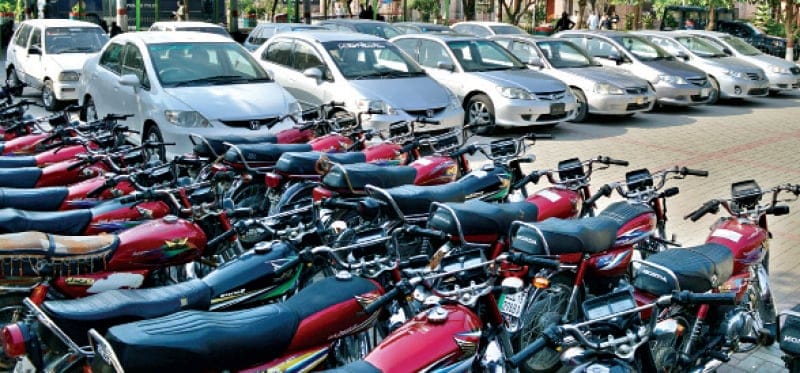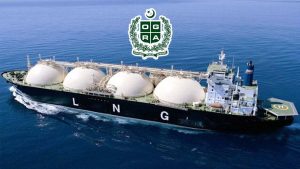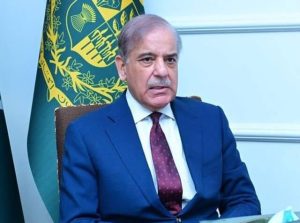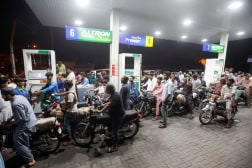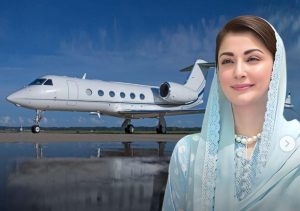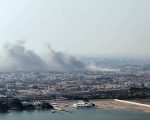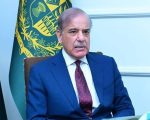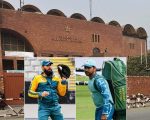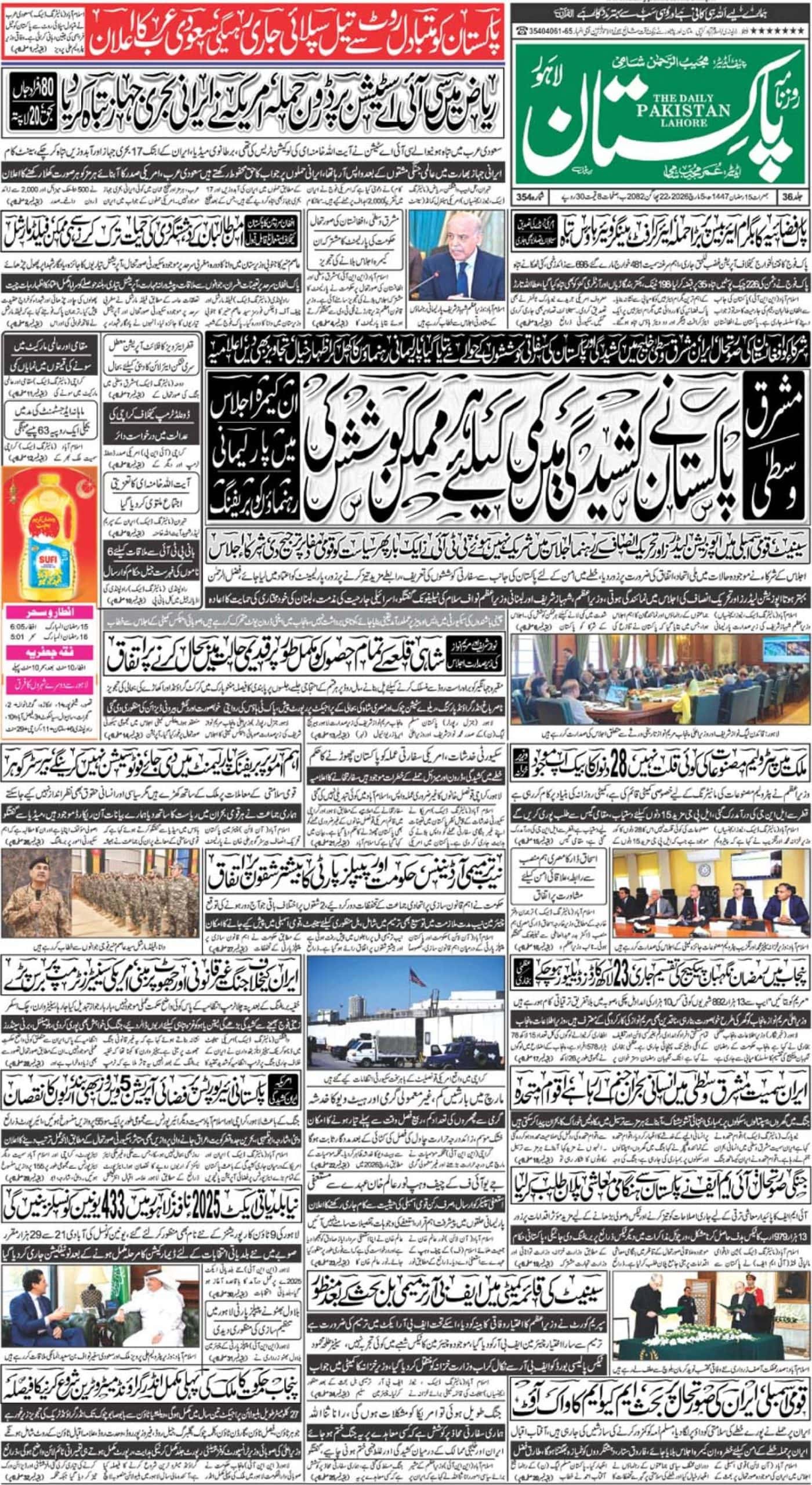ISLAMABAD — Pakistani government is gearing to shake Pakistan’s auto industry with the upcoming Auto Industry Policy 31-2026. Engineering Development Board (EDB) is in talks with assemblers, parts makers, and used car importers, aiming to revolutionize the sector under the IMF program.
The policy could slash tariffs on finished vehicles to 15%, end outdated preferential schemes, and allow commercial imports of used cars, threatening the decades-long dominance of established auto players. Local assemblers warn that used car imports are already eating into their market share, while policymakers insist that long-term protectionism is over.
A major showdown is brewing as nine out of 11 local assemblers, representing top brands from Japan, China, and South Korea, are demanding drastic duty cuts on CKD kits and local parts, arguing that taxes make cars unaffordable for ordinary Pakistanis.
But not everyone is on board. Two Japanese giants and several parts manufacturers are lobbying to keep tariffs as high as 35%, claiming that lower duties could devastate local suppliers. Policymakers, however, are unmoved, warning that this approach stifles exports, limits choices, and keeps outdated cars on the road.
Despite claims of high localization, Toyota maker reports over 60pc in top models, HACL up to 73%, and Suzuki up to 62, exports remain almost non-existent. This has sparked intense debate over whether decades of protection have truly benefited Pakistani consumers. Japan has even taken Pakistan to the WTO, opposing tariff benefits linked to export performance.
Enter new auto entrants with hybrid and plug-in hybrid cars boasting international safety standards and small-scale exports. Analysts say these newcomers are forcing the hand of policymakers, proving that a competitive, modern auto sector is possible, while long-standing players may have to adapt or vanish.

